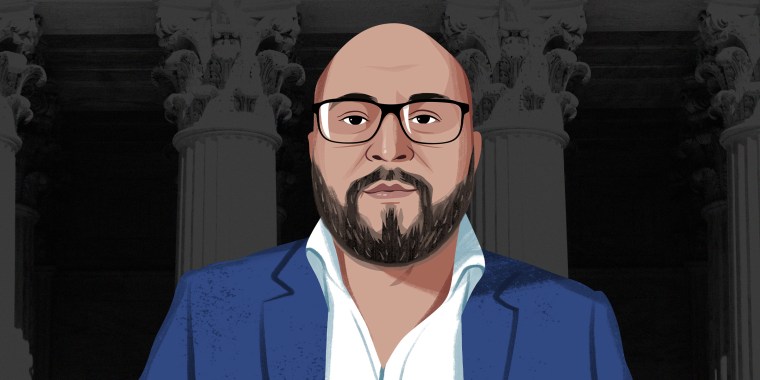“Is it within the jurisdiction of the U.S. Department of Justice to reassign the location of the classified documents case from the Florida U.S. Judicial District to the Washington, D.C. District, based upon the premise that the case involves national security at the highest level and therefore requires the judge assigned to the case be very familiar with such cases and able to make judicial decisions without the baggage of having been given the job of a federal judge by the defendant in the case?”
— James Sturniolo, Lopez Island, Wash.
Hi James,
No. The Justice Department brought the case in Florida, so it must proceed in Florida.
That Judge Aileen Cannon lacks experience and was appointed by the defendant, Donald Trump, isn't legally relevant to where the case moves forward. Whether the government will eventually attempt to get a new Florida judge assigned due to Cannon’s apparent bias is an open question. But given the legal difficulties I’ve explained with kicking judges off of cases, we shouldn’t count on a new one here. However, this will be a continuing issue to watch as Cannon seemingly does Trump’s bidding in ways that are within a trial judge’s vast discretion.
On the venue question, keep in mind that before a grand jury charged Trump in the Sunshine State, there was a D.C. grand jury, too. That led to speculation over which federal district (if any) would see an indictment in the classified documents case. The answer, it turned out, was Florida — specifically, the Southern District of Florida, home to both the alleged crime scene of Mar-a-Lago and Cannon, who bungled previous civil litigation in the matter before Trump was charged.
With the South Florida stage set, Cannon was a candidate for random selection to preside. She was drawn. So the status quo stems partly from the Justice Department's charging decision — and, relatedly, from Florida being the site of the alleged unlawful retention of national defense information and obstruction. (Trump has pleaded not guilty.)
There has been criticism of Smith’s decision to bring the case in Florida instead of D.C., but I think that that criticism assumes (incorrectly) that he had much of a choice. A former federal prosecutor recently called the venue decision the special counsel’s “original sin.” But Smith’s choice was more prosaic than biblical. It likely came down to the reality that Florida is where the alleged crimes occurred. Despite any potential connections to D.C., the special counsel probably didn’t want to risk losing litigation — and time — over picking a possibly illegal venue.
Venue is no small matter. Indeed, it’s a criminal defendant’s constitutional right to be tried where their alleged crimes occurred. Smith may have preferred D.C. — whether due to better judges, juries or both for the government in that district — but the law places venue requirements above those strategic concerns. A greater sin would have been putting them above the Constitution.
Have any questions or comments for me? I’d love to hear from you! Please email deadlinelegal@nbcuni.com for a chance to be featured in a future post.

